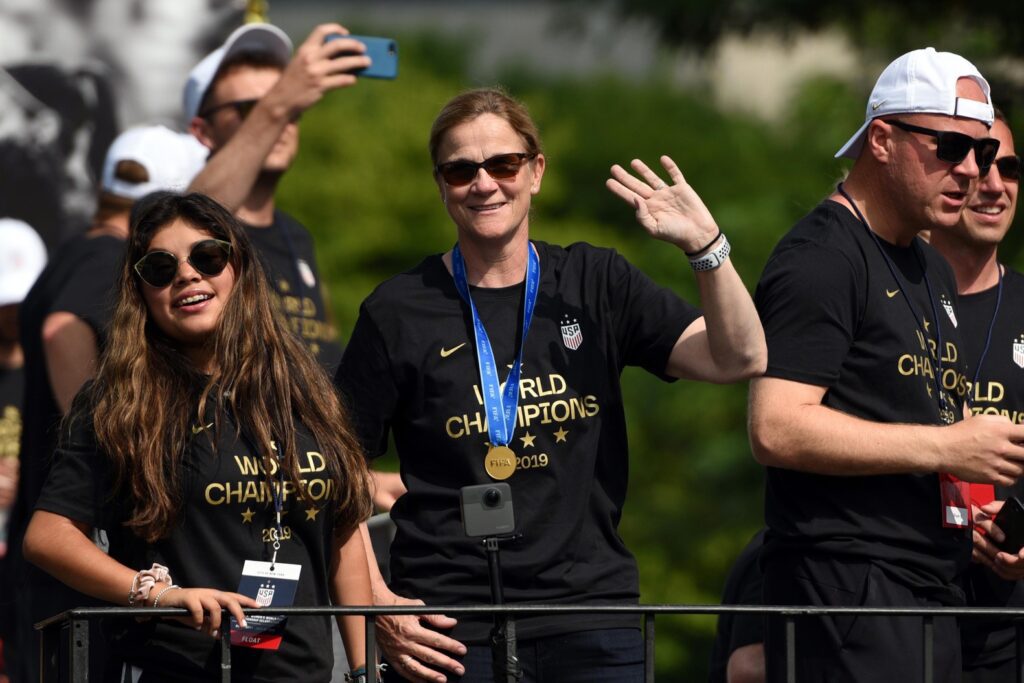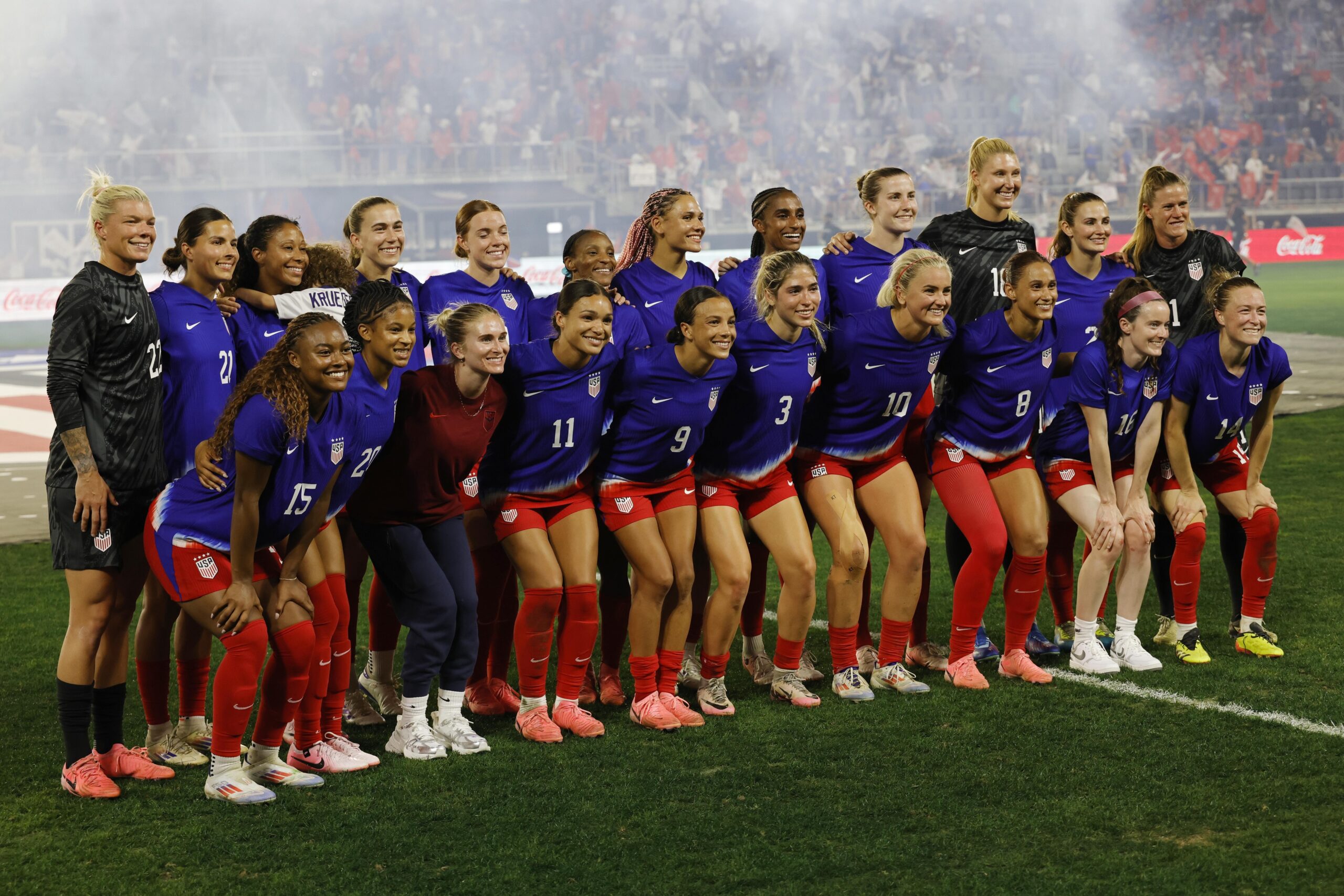The United States Women’s National Team (USWNT) has become a powerhouse in world soccer, thanks largely to the coaches who helped build this winning program. From World Cup victories to Olympic gold medals, these coaches shaped a team that has dominated international soccer for decades. They didn’t just create winning teams – they built a lasting legacy that changed how the world sees women’s soccer.
Their leadership styles, game strategies, and ability to develop talented players have made the USWNT one of the most successful sports programs in history. Let’s dive deep into the stories of top 3 USWNT coaches of all-time who made the biggest impact on American women’s soccer and helped create a team that inspired millions of young players across the country to dream big and work hard.
The Early Builder
Tony DiCicco (1994-1999), Tony DiCicco took over the USWNT at a crucial time when women’s soccer was starting to grow. During his time as head coach, he led the team to their first Olympic gold medal in 1996. His biggest achievement came in 1999 when he guided the team to win the Women’s World Cup in front of record-breaking crowds. Under DiCicco, the team won 103 games and lost only eight times.
What made DiCicco special was how he helped players like Mia Hamm and Michelle Akers become soccer stars. He knew how to work with different personalities and got the best out of every player. His coaching style focused on quick passing and attacking soccer, which became a trademark of American women’s soccer.
The Record Breaker
Jill Ellis (2014-2019), Jill Ellis became the most successful coach in USWNT history by winning back-to-back World Cups in 2015 and 2019. She won 106 games, lost only seven, and tied 19 matches, making her the winningest coach in U.S. Soccer history. Ellis wasn’t afraid to make tough decisions, like changing team formations or benching veteran players. She helped develop players like Alex Morgan and Megan Rapinoe into world-class stars. Her teams were known for never giving up and finding ways to win big games. Ellis also pushed for equal pay for women players, showing she cared about improving the sport both on and off the field.

The Pioneer
Anson Dorrance (1986-1994), Anson Dorrance was the first person to coach the USWNT and helped create the team’s winning culture. He led the team to their first World Cup victory in 1991. During his time as coach, the team scored more goals than any other national team.
Dorrance brought college coaching experience to the national team and helped develop a system for finding young talent. He believed American women could become the best in the world at soccer when many people doubted this was possible. His coaching helped establish the USWNT as a team that played aggressive, attacking soccer.

Legacy and Impact on American Soccer
These three coaches did more than just win games – they changed how people saw women’s soccer. They helped create a style of play that became known around the world: fast, aggressive, and never giving up. Their success led to more girls playing soccer in America and more support for women’s professional leagues. Each coach built on what came before, helping make the USWNT one of the most successful teams in sports history. They showed that with good coaching, hard work, and belief, American women could compete with and beat anyone in the world.
The impact of these coaches goes beyond their win-loss records. They helped create role models for young players and showed that women’s soccer could draw big crowds and TV audiences. Their work helped make soccer one of the most popular sports for girls and women in America. Today, new coaches continue to build on their success, but these three set the standard for excellence in American women’s soccer.
Looking ahead, the legacy of these pioneering coaches continues to shape the future of women’s soccer in America. Their influence can be seen in youth development programs, coaching education, and the growing popularity of women’s professional soccer leagues. As new generations of coaches and players build on their foundation, the principles they established – excellence, innovation, and unwavering determination – remain at the heart of American women’s soccer. Their stories remind us that great coaches don’t just create winning teams; they inspire movements that can change the entire landscape of a sport.









